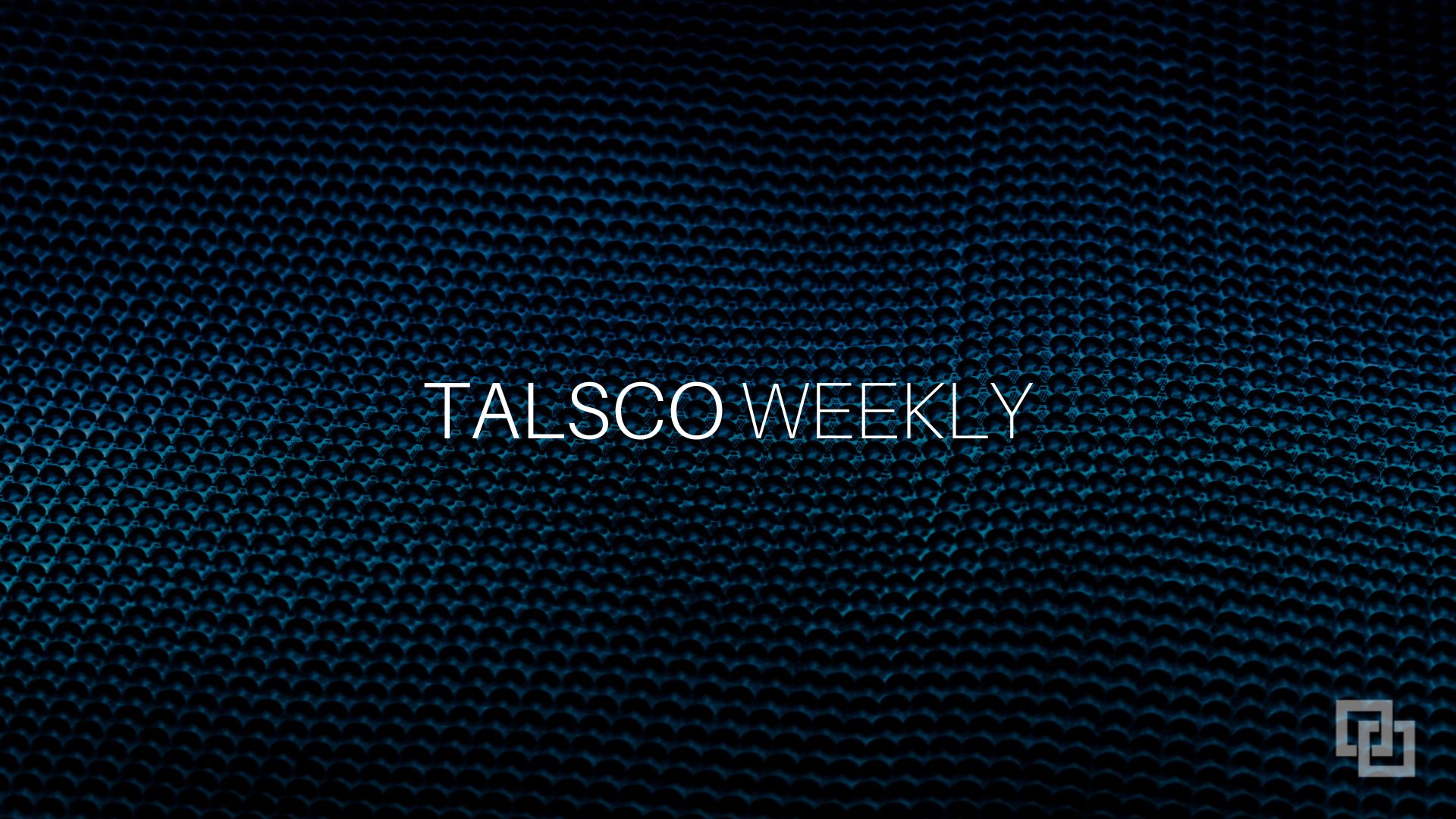Welcome to another edition of Talsco Weekly
- News: IBM Finally Shows Some Growth In Sales And Profits.
- Modernization: Three Steps to AS400 Modernization. Cleo and SrinSoft in Integration-Modernization Link Up.
- Blockchain: What is Blockchain Technology, and How Does It Work? What is Blockchain Technology? – IBM Blockchain. How blockchain technology can revolutionize international trade.
News
IBM Finally Shows Some Growth In Sales And Profits
IBM is heading in the right direction.
“In the June quarter, IBM’s sales were up 9.3 percent to $15.54 billion, gross profits were up only 5.6 percent to $8.29 billion, but through the wonders of accounting, Big Blue was able to boost net income by 1.7X to $1.39 billion in the quarter.”
Summary:
According to IT Jungle’s model, “IBM’s overall systems business, including servers, storage, operating systems (including Red Hat), middleware (including Red Hat), tech support, and financing comprised a total of $8.2 billion in revenues for Q2 2022, up 11.6 percent.”
This article dives deep and gives a breakdown of sales in Infrastructure, Software, and Red Hat operating groups.
Modernization
Three Steps to AS400 Modernization
One of the most difficult challenges for IT leadership, with regards to modernization, is where to start.
In his recent blog post, Nick Litten does a great job in breaking down modernization into three project areas: Database Modernization, Application Modernization and UI Modernization.
Cleo and SrinSoft in Integration-Modernization Link Up
I have spoken to countless clients who are moving or have moved to Cleo.
As Alex Woodie, writes, “Modernization is a hot topic among organizations that run ERP and industry-specific applications on mature platforms, like the IBM i. But other parts of the stack need modernizing too, including the integration layer.”
There is a new partnership between integration software provider Cleo and SrinSoft.
Blockchain
What is Blockchain Technology, and How Does It Work?
Blockchain is the underlying technology that is often associated with Bitcoin, but the technology has far-reaching applications outside of the crypto space.
Overview:
“Blockchain is a peer-to-peer decentralized distributed ledger technology that makes the records of any digital asset transparent and unchangeable and works without involving any third-party intermediary.”
Benefits:
“The P2P architecture of Blockchains provides several benefits such as greater security compared to traditional client-server based networks.”
How it works:
“Blockchain can be defined as a shared ledger, allowing thousands of connected computers or servers to maintain a single, secured, and immutable ledger. Blockchain can perform user transactions without involving any third-party intermediaries.”
The benefits of blockchain technologies are as follows:
- Immutability
- Transparency
- High Availability
- High Security
To learn more about Blockchain, head on over to the Blockchain Council.
What is Blockchain Technology? – IBM Blockchain
Blockchain defined:
“Blockchain is a shared, immutable ledger that facilitates the process of recording transactions and tracking assets in a business network. An asset can be tangible (a house, car, cash, land) or intangible (intellectual property, patents, copyrights, branding). Virtually anything of value can be tracked and traded on a blockchain network, reducing risk and cutting costs for all involved.”
How blockchain technology can revolutionize international trade
“Mainly used in keeping records of transactions, blockchain technology is a type of distributed ledger technology.”
Blockchain’s promise:
It “makes keeping data records easier, more transparent, and even more secure. Owing mostly to its resistance to alteration, blockchain offers time-based information on transactions, whether they are between private individuals, corporate entities, supplier networks or even an international supply chain.”
An example of this is, IBM has partnered with Maersk to work on a blockchain-based solution to streamline the global shipping industry. The project is called “Tradelens.”
It’s shortcomings:
In it’s early stages, the transaction costs can be high and there can be issues with scalability. “Due to the fact that each block in a blockchain must be verified by all nodes on the network, the system can often become bogged down when handling large volumes of transactions.”
Key takeaway:
“As the technology matures, it is likely that many of these issues will be addressed and resolved.”
Contact us
If you are an RPG programmer looking to explore opportunities or a client who is looking for a talented IBM i professional, please contact us. We look forward to assisting you.
Share
Do you know of someone who could benefit from Talsco Weekly? If so, please use the social media buttons to spread the word. Thank you!
